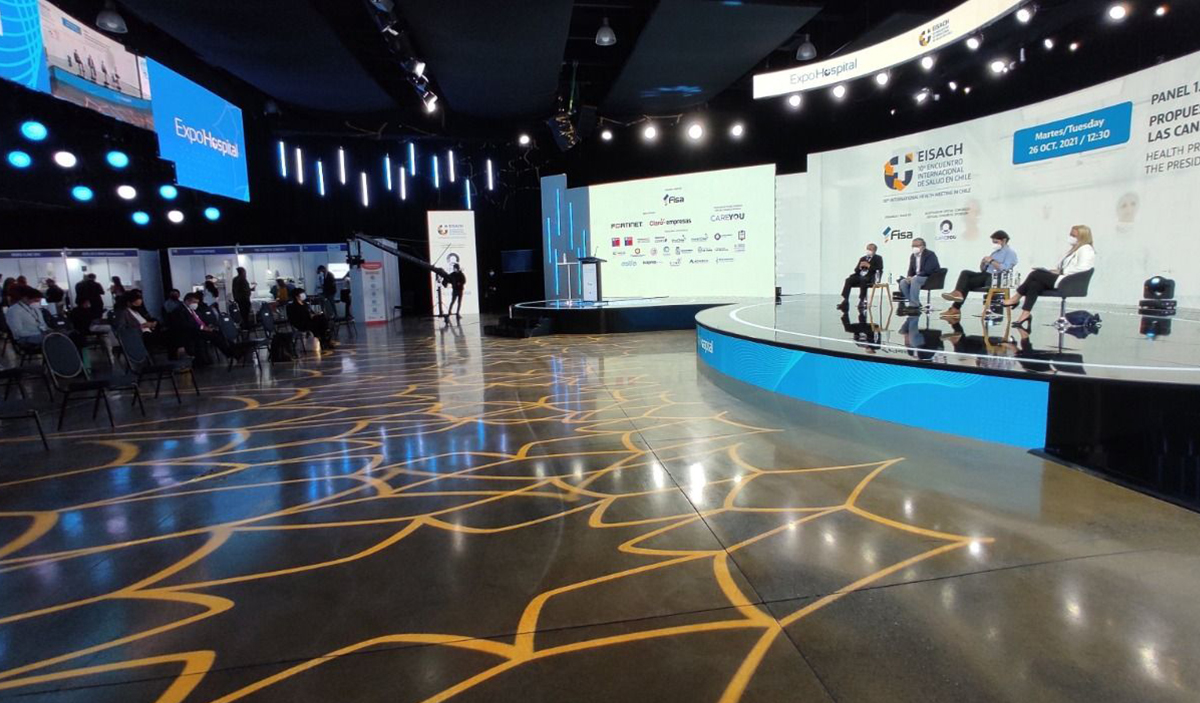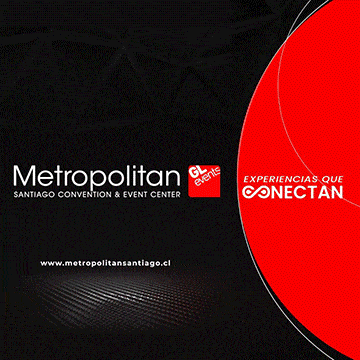
Interview with Felipe Rodríguez, CEO of Cero: Why is it relevant for healthcare providers to be concerned about communication with patients? Because today more than ever it is imperative to make optimal use of healthcare resources and not waste any minute of the healthcare teams’ time. Physicians’ time and the infrastructure needed to care for patients are limited and costly resources that we as a society cannot afford to waste. At Cero we have confirmed that by improving communication between patients and hospitals and adapting to patients (and not the other way around), we can make more efficient use of these resources, allowing healthcare professionals to care for more patients and waste less of their teams’ available time. How does Cero.ai use AI to ensure a good patient experience? We focus on coordinating medical appointments automatically. In the last year, we have coordinated more than 20 million medical, lab and procedure appointments. We do this by communicating fluidly and naturally with patients, adapting and understanding the way each patient expresses themselves. To do this, we use an interface capable of natural language processing (NLP) and communicate with patients through mass channels such as WhatsApp. For example, we initiate a conversation by asking the patient if they will attend a medical appointment, to which the patient generally responds, in their own words, including through audios, that they confirm their attendance, cancel their appointment or need to reschedule the appointment. The technology understands the intent of the patient’s message and allows the conversation to continue naturally and smoothly. How did the digitalization of the healthcare sector caused by the pandemic impact Cero.ai? Cero.ai was born in the midst of the COVID-19 pandemic. While it is not a solution designed to address a problem caused by the pandemic, it addresses the communication problems that exist between hospitals and patients during the crisis. When hospitals need to increase their service delivery, they must make operations more efficient in order to lose fewer appointments and better coordinate patient care. During the pandemic, implementing technology and digitizing certain processes began to make more sense. When hospitals automate, it frees up their equipment, allowing them to perform more complex tasks. What is an example of a success story? Our technology is simple but effective in generating great value from day one for healthcare providers and significantly reduces absenteeism. In general, a healthcare provider loses 25-35% of its care capacity due to patient absenteeism. Cero.ai can reduce this problem by allowing healthcare providers to schedule new appointments as soon as a slot opens up, organically treating more patients. This technology allows them to solve communication problems on a large scale. The development of the company itself is a success story because we are working with more than 350 healthcare facilities and none have stopped using the service. We also caught the attention of Y Combinator, a top-tier accelerator in Silicon Valley, and major venture capital firms have believed in us. How do you plan to continue to improve your product? Implementing these processes requires a lot of preparation and investment. Therefore, we are developing communication processes that seek to help the healthcare provider fully utilize their resources. We start by understanding patients’ attendance patterns to help physicians manage their schedule, rescheduling patients who need more procedures and even channeling them to other professionals. We can also help chronic patients adhere to their treatments and prevent their conditions from worsening. We can help medical centers or providers quickly adjust their schedules. The processes we are developing seek to optimize the user experience when scheduling future appointments, such as those for childhood vaccinations or treatment for diabetic patients. We are also looking to reduce the workload of the hospital support team. All tasks can be automated. The only thing that is out of our range of action is the direct conversation between doctor and patient. What added value do you bring as CEO of Centro.ai? I am originally trained as a dentist and, as a healthcare professional, I know firsthand what it means to care for a patient. I also know the coordination issues and limitations that exist within organizations to coordinate care with patients. I have seen and experienced thousands of hours wasted and strategies implemented to try to solve patient coordination problems. This experience has allowed me to understand the value of incorporating technology to support care management and help providers focus on caring for their patients in the most efficient manner. We are building Cero.ai from these experiences and all of our solutions are based on real care team and patient experiences.

 Proposals of presidential candidates in health matters gathered attention from eisach at Expo Hospital 2021
Proposals of presidential candidates in health matters gathered attention from eisach at Expo Hospital 2021
 Expo Salud 2021 will address post-pandemic challenges; health proposals of presidential candidates and new strategies in digital matters for the sector
Expo Salud 2021 will address post-pandemic challenges; health proposals of presidential candidates and new strategies in digital matters for the sector
 Expo Hospital 2022: The largest healthcare industry meeting will take place in September in Chile
Expo Hospital 2022: The largest healthcare industry meeting will take place in September in Chile
